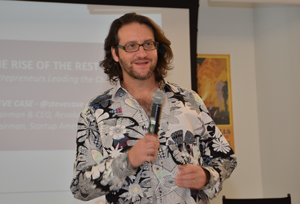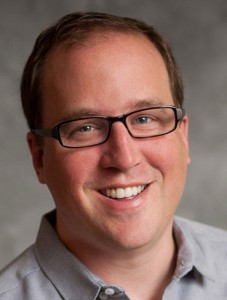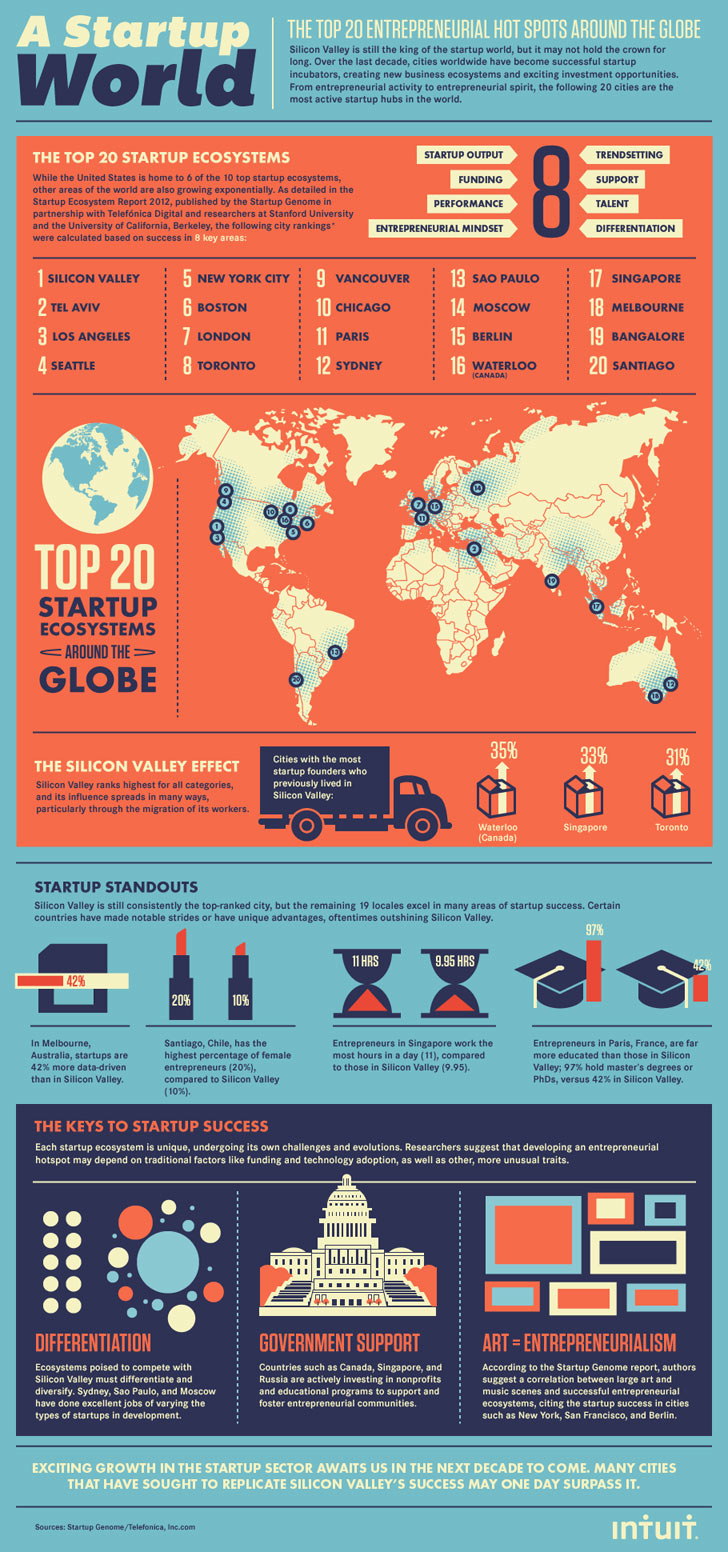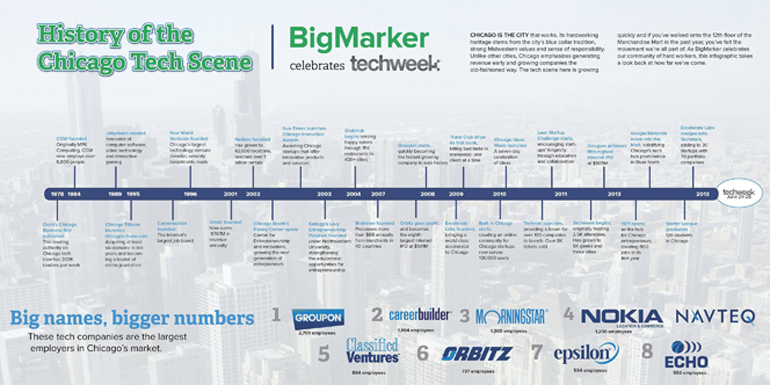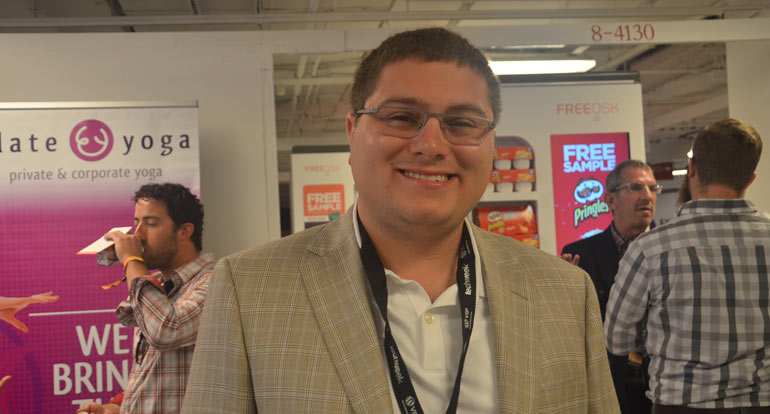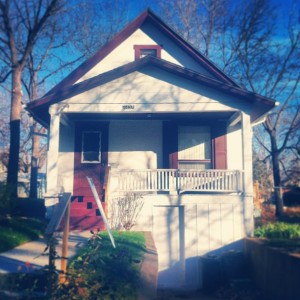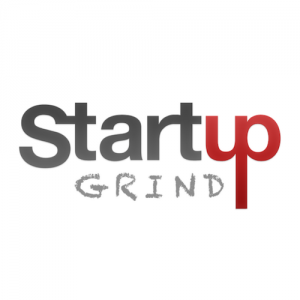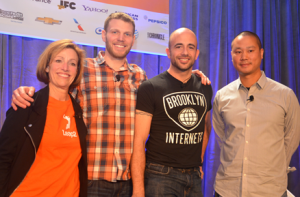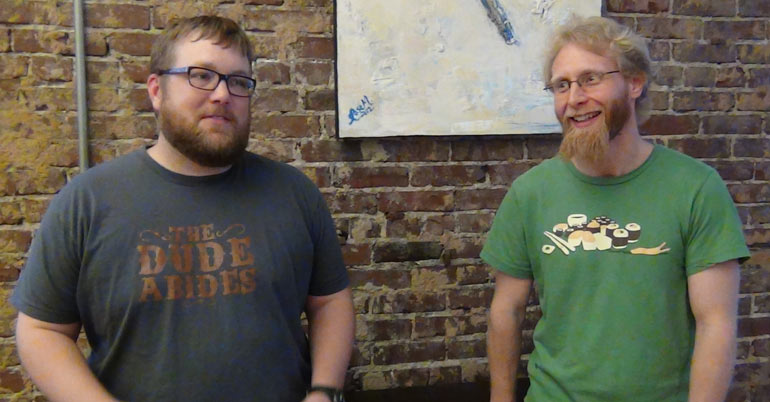 Cliff McKinney is the CEO and cofounder of WorkForPie and a community leader in the Memphis startup community. This post, which also appears on his personal Tumblr, can easily be applied to any town, any city, everywhere else.
Cliff McKinney is the CEO and cofounder of WorkForPie and a community leader in the Memphis startup community. This post, which also appears on his personal Tumblr, can easily be applied to any town, any city, everywhere else.
I’ve been thinking a lot about Memphis lately. Where it is, where it’s been, and where it might go. What I think should be done to grow the entrepreneurial ecosystem here is perhaps a post for another day. Today though I thought I’d share a few words about how to support an entrepreneurial ecosystem. No doubt this applies in Memphis, but I’ll try to leave it general enough to apply to most any growing ecosystem. I’ll try to limit things to five general themes:
Theme One: Be Successful
Brad (my cofounder) and I talk a lot about how we might help Memphis. We do a lot of small things that we hope add up. We both serve as mentors to local entrepreneurs and lead user groups, but we always come back to the same general idea: the best thing we can do for Memphis is to become wildly successful. Doing that will bring in more investors and more interest, more jobs, and even a couple new angel investors. This goal trumps all the others, as it should. If our efforts to be successful leave us no time for all of the other stuff, then so be it.
This should be paramount for you and your company too. If you have to move to be successful, then move (but come back and invest later). If you have to put another company out of business to be successful, then do it. If taking advantage of some opportunity means others won’t have the chance, that’s okay too. It’s okay to be competitive. It’s okay to want to be better than the next guy. The success of your company is what matters most. Never forget that.
Theme Two: Give Time
I’d love to give money to my local ecosystem, but as a poor entrepreneur I just can’t afford it. What I can afford is my time, and I’d like to think that in some ways that is more valuable to local entrepreneurs. My office is always open, and my phone is always on, and I’m happy to give local entrepreneurs an earful (and often more than they bargained for) anytime they ask. Brad leads the local Python user group, and I lead the local Startup Meetup. It’s something we both do for fun, but we also do it because we feel obligated to give back to a community that has given us a bunch and that continues to support us.
Giving your time means a lot to local entrepreneurs—especially those who are just starting out. You don’t have to lead a startup meetup. Just make it a priority to attend once a month. Email startup CEOs and offer your help. It only takes a little while, and the good karma you’ll earn is totally worth it. Do what you can. Every little bit counts, and giving something, no matter how little, is always better than giving nothing.

Theme Three: Be Honest In Your Support
So here comes the first controversial part of this post. Truth is, I don’t think supporting local startups means blowing smoke up their asses. I’m a big fan of honesty, and if a local company has a terrible business model or distribution model or team then the fact that they’re local shouldn’t preclude you from saying so. In fact, I think you’re more obligated to say something if they’re local. It’s what I give, and it’s what I expect from the people I really respect.
I gave a little talk during the Seed Hatchery demo day last year. I won’t bore you with the details, but the general theme was that the companies at Demo Day weren’t competing with Memphis companies, or even Tennessee companies. They were competing with every company everywhere. If we didn’t treat them accordingly, then we were doing them a disservice. I’m hard on the local companies I mentor. I don’t call them out publicly, but in private I do as much as I can to convince them that this isn’t a mutual admiration society. You can’t build an ecosystem by calling a local company awesome when it’s clear to everyone else that it’s not. It just doesn’t work that way.
Theme Four: Pay and Get Paid
One of the biggest mistakes I’ve made as a founder was thinking that someone deserves some kind of discount or special recognition because he or she is a friend. That should never be the case. If a local company does awesome work and they charge companies $150/hr for it, then I expect to pay $150/hr. I honestly don’t care if the company is in Memphis or even if it’s run by my mother or my spouse. If the service is valuable to me, I expect to pay for it. If it’s not, and the company happens to be local, then I’ll take the time to tell them why, and if they correct the issue, I’ll pay for their service then.
Now (but not always) I feel the same way about the services I provide. I trade value for value. I have something valuable, and I expect companies to pay for it. It’s nothing personal, it’s just business. The only time we consider offering some discount for our services is when working with some company at a discounted rate is somehow highly valuable to us through the association. Despite the fact that they have millions more dollars than all of my local startups combined, I’m more likely to work with some company like Facebook at a discount than I am to discount our rate for a local company. I want to establish my value, and one of the most important places to do that is in my own hometown.
Theme Five: Talking Shit Hurts You More
It’s important to be proud of your city. The best way to show that pride is to talk about all the wonderful things your city is doing to support entrepreneurship. The worst way is to talk trash about other cities or other ecosystems. I’ve heard people say things along the lines of “our city is better than Silicon Valley because….” When I hear that, I almost immediately assume the person saying it is an idiot. Your city is not better than Silicon Valley. That’s why you’re comparing it to Silicon Valley. If your city was better than Silicon Valley, in any way whatsoever, then they would be comparing themselves to you. Honestly, the same goes for any criticism of another ecosystem. If you’re talking shit about them, then you’re wasting time you could be spending making your city better.
On the other hand, I happen to think that it’s completely okay to criticize your own ecosystem, and even startups or leaders within it. But, if you do, make sure you’re actually talking directly to the person or company in question. If they can’t take it then they probably need to hear it even more. And nothing sucks worse than hearing criticism secondhand. I’ve had more than my fair share of secondhand criticism and it sucks way worse than hearing it from the source.
See this guest post by McKinney’s co-founder Brad Montgomery, on “Minimum Working Thing”




